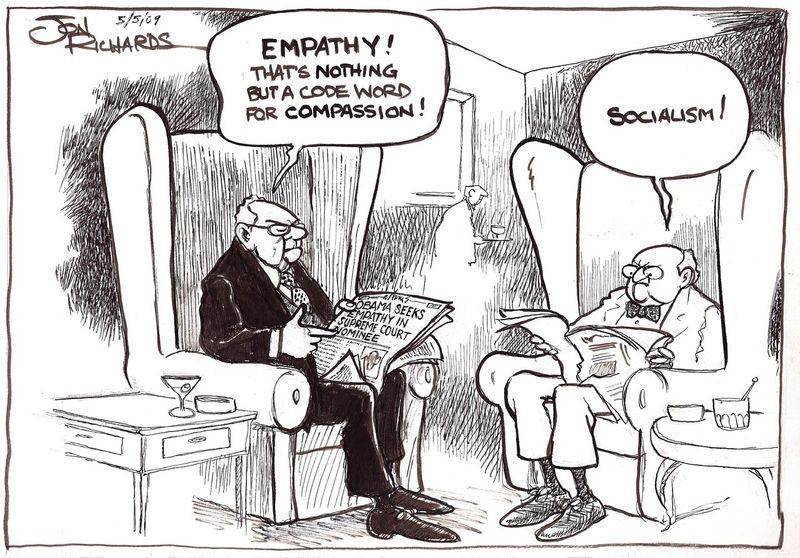Reason may the highest human faculty, but it is not always perfectly grasped.
The intellect can be a selfish thing—and that's the consequence of an epistemological problem; perhaps the epistemological problem. We are the centre of our universe (or lifeworld) and it is a position that we can never escape. Everything that we interact with we interact with in relation to ourselves, whether through our physical selves or through our Ego or the equivalent. As a result, the tendency to view others in relation only to ourselves is prevalent.
This epistemological problem is present in metaphysics as well, potentially leading to solipsism, or the idea that minds apart from one's own do not exist.
Much as empathy, the ability to see or feel other minds as equivalents of one's own, offers a solution to the problem of solipsism, it also offers a solution to the problem of selfishness in ethics. Being able to approximate the experiences of others in one's mind allows one to appreciate their experiences and thereby establish a kindred connection between Self and Other.
This is a powerful connection that can succeed where reason has failed. While it is certainly possible for one to hold fast to ethical precepts, the abstraction of these precepts cannot match the tangibility of the simulated experiences generated in an emphatic connection.
And the beautiful thing about empathy is this—it allows us to see others in terms of our own selves, thus short-circuiting the solipsistic tendency by transferring our selfness onto others so we could act (or react) as though prompted by our own experience.
This may be a simplistic way of looking at this matter, but it's a start.
